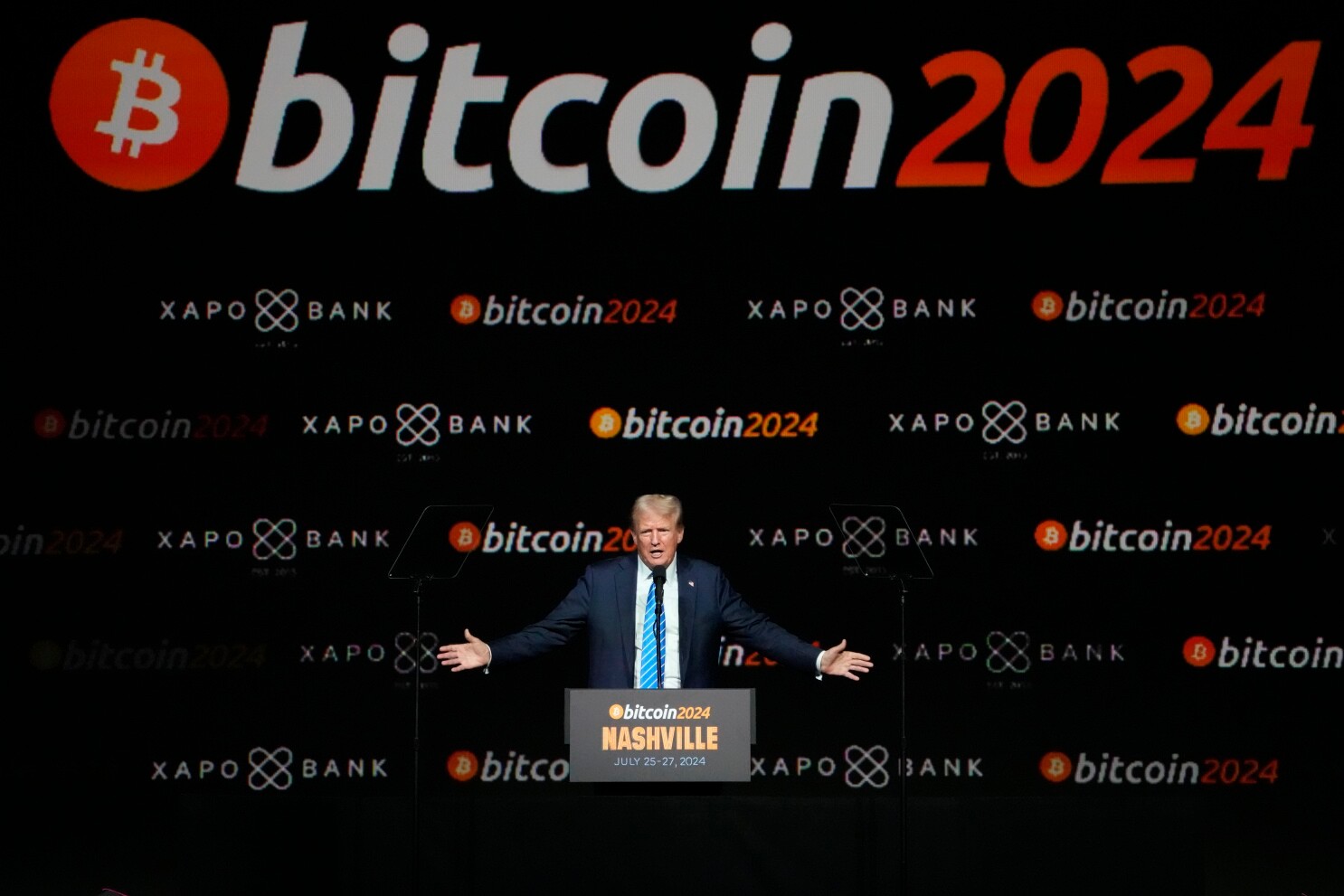
The cryptocurrency landscape could see major shifts under a potential second Trump presidency, based on the candidate's own stated positions and recent actions in the crypto space.
Trump's stance on cryptocurrencies has evolved dramatically since his first term, when he expressed skepticism about digital assets. Now, the former president has emerged as an active participant in the crypto ecosystem, launching his own digital finance venture and making bold campaign promises about America's crypto future.
During recent campaign events, Trump pledged to make the United States "the crypto capital of the planet" - a dramatic reversal from his previous positions. This commitment appears backed by concrete actions, as his campaign now accepts cryptocurrency donations, marking a first for a major presidential candidate.
The clearest indication of Trump's crypto agenda came through the launch of World Liberty Financial (WLF), a decentralized finance platform created by Trump and his sons in late 2023. The venture introduced its own cryptocurrency token, $WLFI, though specific details about the platform's operations remain limited.
This direct entry into the cryptocurrency market by a presidential candidate has sparked mixed reactions. While crypto advocates view it as a strong endorsement of digital assets, critics raise concerns about potential conflicts of interest, given the timing during an active presidential campaign.
The market has responded powerfully to Trump's crypto-friendly messaging. Bitcoin reached an unprecedented $89,000 following his primary victories, while Dogecoin, supported by Trump ally Elon Musk, saw a 152% increase in value.
Based on Trump's own statements and actions, a second Trump administration might pursue policies that:
- Reduce regulatory barriers for cryptocurrency businesses
- Create tax incentives for crypto companies operating in the US
- Support the development of American crypto infrastructure
- Establish clearer legal frameworks for digital assets
However, the intersection of presidential politics and cryptocurrency markets raises new questions about market influence and regulatory oversight in an increasingly digital financial landscape.